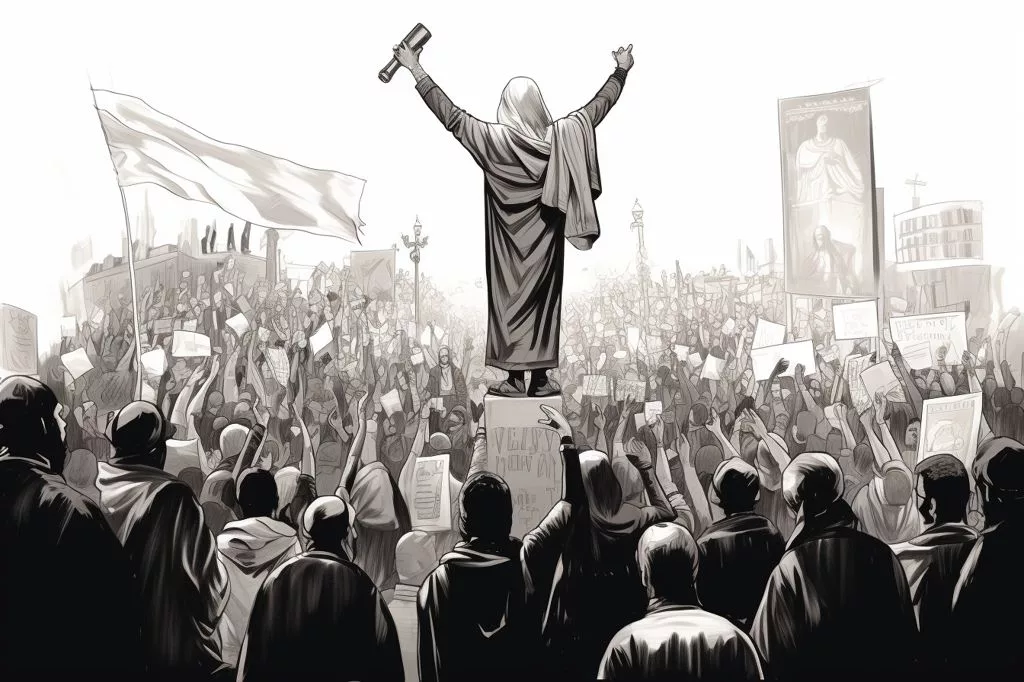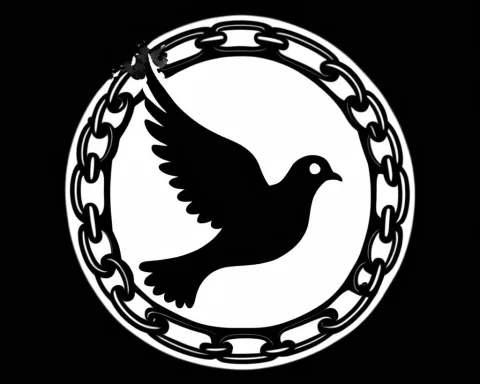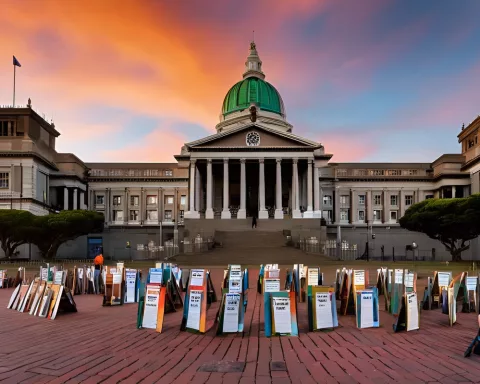Imam Abdullah Haron, a prominent anti-apartheid activist, died after being tortured by the South African Police. After more than 50 years of uncertainty, a recently reopened inquest confirmed the cause of Imam Haron’s death and revealed the neglect and mistreatment he endured while in custody. The judgment not only vindicates the Haron family but also marks a crucial turning point for survivors of apartheid-era police brutality and all those who struggled for a just and democratic South Africa.
What was the cause of Imam Abdullah Haron’s death?
Imam Abdullah Haron, a prominent anti-apartheid activist, died after being tortured by the Security Branch of the South African Police. After more than 50 years of uncertainty, a recently reopened inquest confirmed the cause of Imam Haron’s death and revealed the neglect and mistreatment he endured while in custody. Six officers from the Security Branch were identified as continuously assaulting the already weakened Imam in his last days. The judgment also dismissed the findings of the 1970 inquest and criticized several medical professionals for their roles in the case.
The Inquest Verdict: Dispelling Doubt
After years of uncertainty, the truth surrounding the tragic death of Imam Abdullah Haron, a respected Muslim cleric and fierce anti-apartheid activist, has finally been revealed. A recently reopened inquest confirmed what many had long suspected: the Security Branch of the South African Police was responsible for the torture and subsequent death of this brave spiritual leader. This significant judgment not only vindicates the Haron family but also marks a crucial turning point for survivors of apartheid-era police brutality and all those who struggled for a just and democratic South Africa.
As covered by The Cape Argus, more than fifty years after Imam Haron’s death, emotions ran high for his children – Shamela Shamis, Muhammed Haron, and Fatiema Haron Masoet – as Judge Daniel Thulare announced the verdict at the Western Cape High Court. The weight of the case prompted Judge Thulare to entitle the judgment: “The last days in the life of the Imam and anti-apartheid guerilla: 28 May to 27 September 1969.” In his ruling, Thulare detailed the neglect and mistreatment Imam Haron endured while in custody, as well as the deterioration of his health due to intensified interrogations.
Despite being warned by close associates and aware of police informants within his religious community, Imam Haron chose to stay in South Africa. By 1965, he was already deemed a “security risk” by the Security Branch. In 1969, he was arrested under the Terrorism Act and later died at the Maitland Police Station. At that time, authorities alleged that his death was caused by a fall down a flight of stairs. However, a 1970 inquest failed to hold anyone accountable for the dubious circumstances surrounding his death.
The Final Days: Uncovering the Truth
Imam Haron’s distressing time in detention spanned 123 days, during which he was held in two different police stations, with his whereabouts unknown for two days. Judge Thulare meticulously detailed the torture-induced injuries that led to his death, citing specific medical conditions. He suffered both psychological and physical torture, including threats, beatings, and prolonged detention. Six officers from the Security Branch, now deceased, were identified as continuously assaulting the already weakened Imam in his last days.
The judgment also emphasized discrepancies and suspicious actions by the police, such as tampering with evidence at the scene of Imam’s detention. Judge Thulare dismissed the findings of the 1970 inquest, criticizing their lack of pursuit for the truth. Furthermore, several medical professionals were reprimanded for their roles in the case and will be reviewed by the South African Medical and Dental Council.
A Legacy of Hope: The Haron Family’s Quest for Justice
For Imam Haron’s family, this judgment offers some much-needed closure. His son, Professor Muhammed Haron, stressed the importance of supporting other similar cases. The family is currently working on a biography that commemorates Imam’s extraordinary life. Fatima Haron-Masoet, Imam Haron’s youngest daughter, expressed her gratitude for the verdict, stating, “We have to say that we stand tall on the shoulders of our martyrs, and we give hope to the hopeless that’s still waiting for all the cases. The record will change now from the 1970s inquest, and that’s very important.”
By exposing the truth behind Imam Abdullah Haron’s tragic death, this reopened inquest not only serves as a testament to his unwavering dedication to justice and equality but also as a beacon of hope for countless others still seeking the truth about the atrocities committed during apartheid. The Haron family’s story of perseverance and victory over seemingly insurmountable injustice serves as a powerful reminder of the power of persistence and the enduring legacy of a spiritual leader who fearlessly fought against the oppressive regime that sought to suppress him.
1. What was the cause of Imam Abdullah Haron’s death?
Imam Abdullah Haron died after being tortured by the Security Branch of the South African Police.
2. What did the recently reopened inquest confirm about his death?
The recently reopened inquest confirmed the cause of Imam Haron’s death and revealed the neglect and mistreatment he endured while in custody.
3. How many officers were identified as assaulting Imam Haron in his last days?
Six officers from the Security Branch were identified as continuously assaulting the already weakened Imam in his last days.
4. What did the judgment criticize several medical professionals for?
The judgment criticized several medical professionals for their roles in the case.
5. What is the significance of the judgment for survivors of apartheid-era police brutality?
The judgment marks a crucial turning point for survivors of apartheid-era police brutality and all those who struggled for a just and democratic South Africa.
6. How long was Imam Haron held in detention?
Imam Haron’s distressing time in detention spanned 123 days, during which he was held in two different police stations, with his whereabouts unknown for two days.
7. What did the judge criticize about the 1970 inquest?
The judge dismissed the findings of the 1970 inquest, criticizing their lack of pursuit for the truth.
8. What is the Haron family’s plan in honor of Imam Abdullah Haron’s legacy?
The Haron family is currently working on a biography that commemorates Imam’s extraordinary life and stressed the importance of supporting other similar cases.












